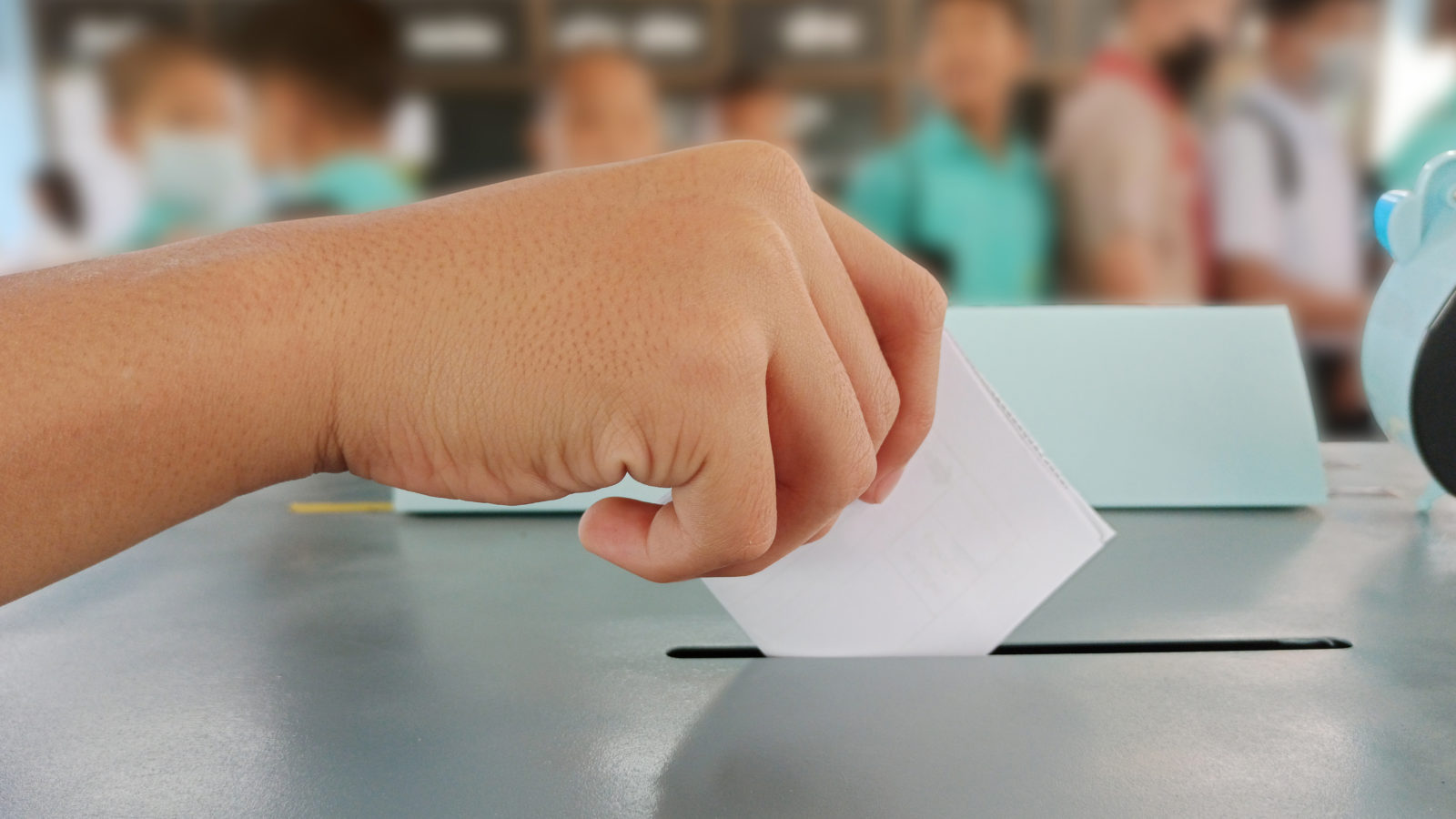Digital technology is increasingly present in the healthcare process and allows for better patient monitoring. According to the Arcep digital barometer, in 2021, 88% of 60-69 year olds and 71% of over 70 year olds will have access to the Internet and therefore to their health data. However, this raises the issue of storing and securing the data collected.
What do seniors think about storing, sharing and using their health data?
Generally speaking, seniors have a strong expectation of simplicity of use and easy access to innovations. According to the OpinionWay study, published in January 2023, on “the French and the digital storage of health data”, the over-65s are in favor of the idea that they should be able to access all of their data that is shared with health specialists (94%, i.e., +11 pts compared to the 25-34 age group and +8 pts compared to the 18-24 age group). They agree to declare (72%) “that having their personal data stored (such as health data) in one place would make their life easier (one password to remember…)”.
91% of those aged 50 and over are convinced that “allowing all doctors to have the same level of information can improve their care” and that this would bring real added value to their health care.
Obstacles remain regarding the use and storage of health data
On the other hand, the over-50s are slightly less favorable (69%) than younger people (74%) to the idea that “going digital in the management of your personal data of all kinds (health, taxes, work, etc.) is a positive step forward for you”. The level of digitalization is certainly correlated to the professional category of the people, but among seniors it is also a question of generation. Baby Boomers and Generation Xers will in the future be more comfortable with digital than their parents who did not use digital in their professional career.
Unlike younger people (68%), older people prefer a mix of digital and human data processing (82%), which explains why most of them (75%) agree with the following statement: “You would be afraid that a machine would analyze your data alone. You are reassured by the idea that there is a human analysis behind it”. There is a gap of +11 points with 18-24 year olds and +17 points with 25-34 year olds.
In addition, one out of two people over 50 years of age say they are “tired of doing their health history with each specialist practitioner” and this can be explained by the fact that they regularly consult a doctor. In France, according to the Share survey (Survey of Health, Ageing and Retirement in Europe), to the question “how many times in total have you consulted a doctor or spoken with him or her about your health over the last 12 months ([…] including emergency room visits or outpatient consultations)“, one person in five in the 50-59 age group and one person in two in the 60-79 age group declare that they have had between 6 and 10 consultations over the last 12 months, i.e. between one and two consultations per month. Among the over 80s, one third report having consulted a doctor about once a month.
Digitizing the health care pathway to facilitate the sharing and storage of data will be beneficial to optimize patient follow-up, but this assumes that doctors, who are also increasingly older, will adopt these new practices.
Sources:
Arcep, Digital Barometer 2021
Wave 5 of the Share survey (Survey of Health, Ageing and Retirement in Europe)
OpinionWay study: the French and the digital storage of health data
Also to read:



